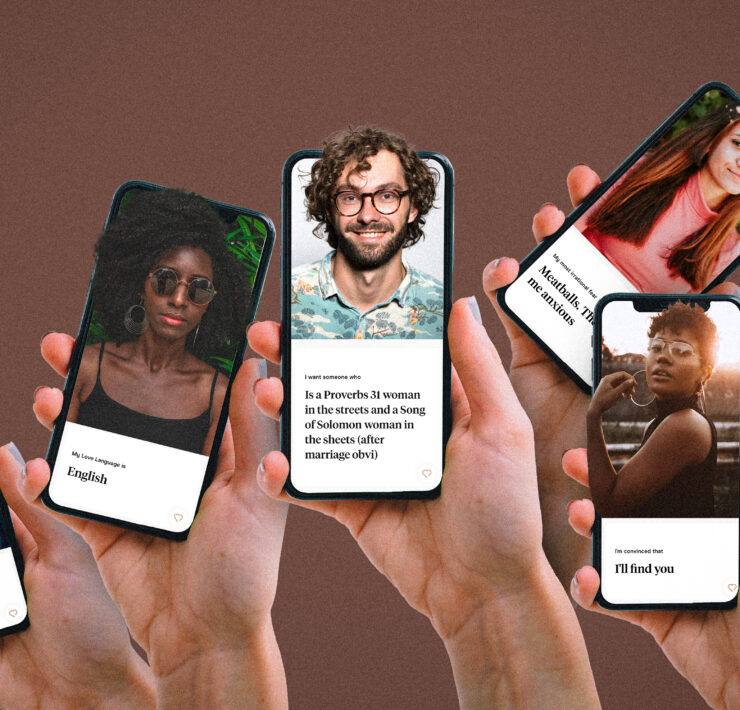
In the age of Instagram filters and LinkedIn embellishments, it seems that honesty may not always be the most common policy among millennials.
A recent survey, conducted by online casino PlayStar, has shed light on the truth-bending habits of different generations, revealing millennials — that those born between 1981 and 1996 — are “the biggest liars” in both the workplace and on social media.
“With so many misconceptions on the topic of lying, you would be forgiven for thinking it is all but impossible to identify America’s biggest liars,” wrote the survey’s authors. “However, our survey has provided a big tell that could very well indicate whether someone is lying: you just need to identify their generation.”
The survey, which involved 1,306 participants, found that millennials were the worst offenders when it came to lying, as 13 percent admitted to being dishonest at least once a day.
In stark contrast, Gen Z (1997 to 2021) and Gen X (1965 to 1980) seemed to have more integrity, with only 5 percent from each group admitting to daily deception.
So, where do these millennials tend to lie? The survey discovered that nearly one-third of them had fabricated their resumes at some point this year, indicating a worrisome trend of dishonesty in the job market. Furthermore, two in five millennials confessed to lying to their bosses “to avoid embarrassment in the workplace.”
It appears that social media platforms are also fertile ground for deception. Approximately 23 percent of millennials and 21 percent of Gen Z respondents admitted to lying on social media to impress others. Interestingly, the survey also revealed that men are 10 percent more likely to lie on social media than women.
It’s important to note that the common assumption that women are better at spotting deception is a misconception as a staggering 97 percent of people struggle to identify when someone is lying.
The study also uncovered various misconceptions about deception that many hold. It seems that dishonesty isn’t always intended to cause harm, as 58 percent of respondents admitted to lying to avoid embarrassment, and 42 percent confessed to lying to protect their privacy. Surprisingly, a significant portion of those surveyed (42 percent) also stated that they chose to lie in order to shield someone else from reprimand or punishment.






















